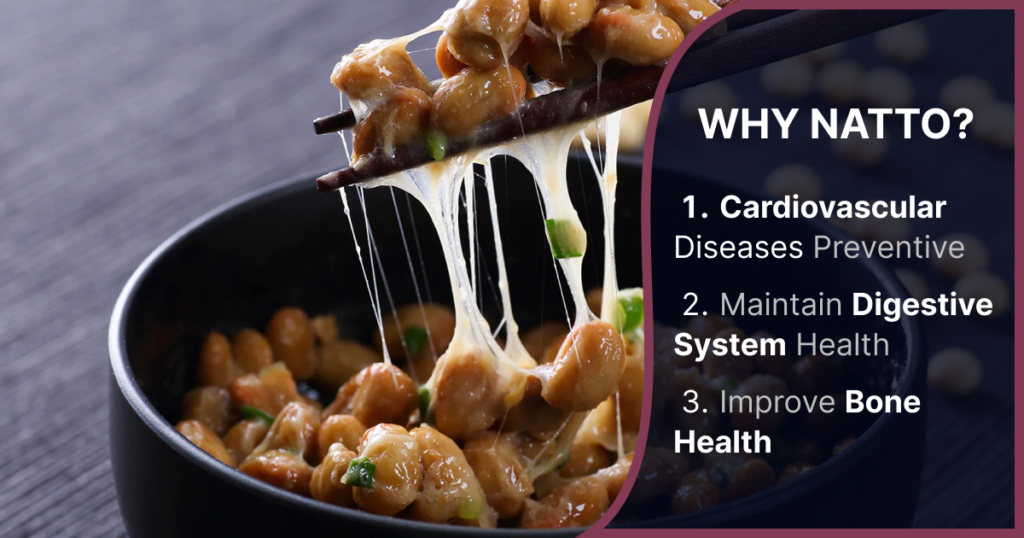
Thrombosis, the formation of cholesterol platelets within artery walls leading to blockages, is a significant risk factor in cardiovascular disease. Nattokinase has been shown to be four times more effective than our blood’s white blood cells in dissolving these platelets, as evidenced by tests conducted on mice. Furthermore, it acts by inactivating inhibitors of white blood cells, thus amplifying their clearing effect.
Nattokinase’s benefits extend beyond its clot-dissolving properties. It has also been found to effectively inhibit the oxidation of bad cholesterol, a leading factor in the development of atherosclerosis. Additionally, due to its high concentration of inhibitors that counteract blood vessel-constricting signals, Natto may contribute to an anti-hypertensive effect for those who consume it.
Digestive system
Nattokinase, functioning as a proteolytic enzyme, plays a role in breaking down proteins into smaller peptides and amino acids. This process facilitates easier absorption by the body, ultimately aiding in digestion. By reducing the workload on the digestive system, Nattokinase promotes improved nutrient absorption and enhances overall digestive efficiency.
Natto is a remarkable source of vitamin K2, providing over 200% of the recommended daily intake in just one serving. It stands out as one of the most abundant dietary sources of vitamin K2, with a high bioavailability of this essential nutrient. Vitamin K2, being a fat-soluble vitamin, plays a vital role in bone metabolism.
The activation of proteins responsible for binding calcium to bones is facilitated by vitamin K2, ensuring the proper transport of this mineral to the bones. This, in turn, reduces the risk of Osteoporosis and fractures while promoting optimal bone health.
Numerous studies have demonstrated the potential of regular Natto consumption to improve bone density and decrease the likelihood of fractures. For instance, a study involving postmenopausal women revealed that those who incorporated Natto into their diet had higher bone mineral density compared to those who did not consume Natto.
TAGS: NATTO, FOOD, HEALTH





